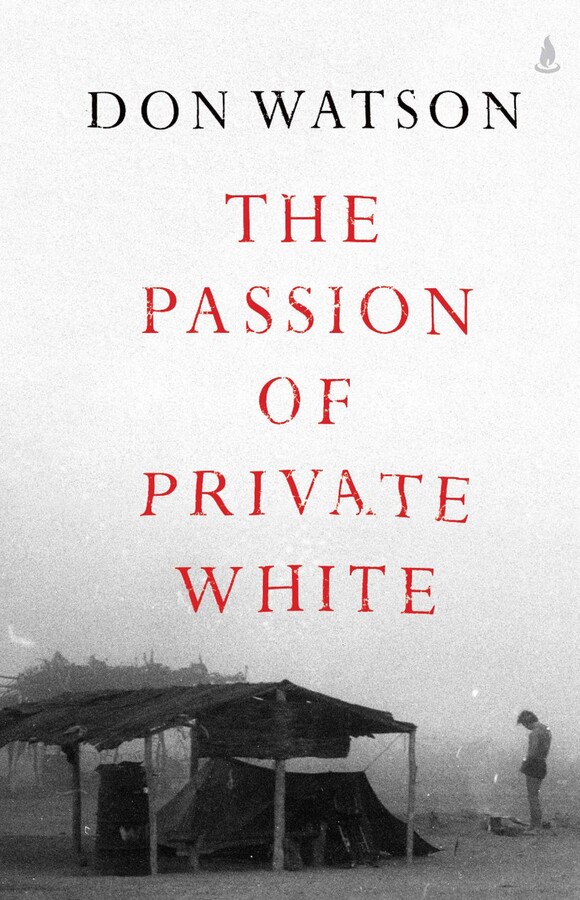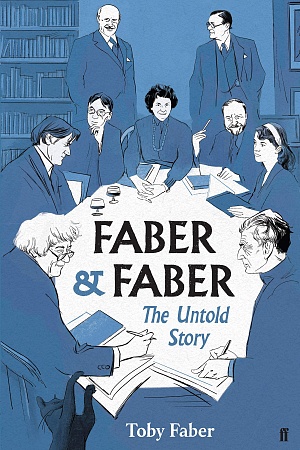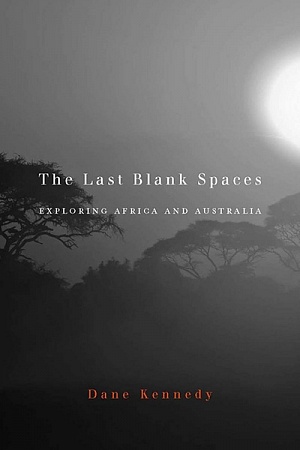The Passion of Private White
Scribner, $49.99 hb, 326 pp
An epic of perseverance
No publisher or literary agent could have dreamt up or commissioned this remarkable book. It is wholly unexpected and original. It is about some Yolngu clans in north-east Arnhem Land, a group of Vietnam veterans, and an anthropologist named Neville White, who happens to be an old friend of one of Australia’s finest writers, Don Watson. Watson observes Neville, who systematically observes the Yolngu, who are regularly visited by the vets. It sounds like a lugubrious farce and sometimes it reads that way. But it is a deeply serious enquiry into questions at the heart of Australian history, politics, and identity.
How are Aboriginal peoples managing to stay on Country? How is the relentless colonisation of the continent playing out in the north? What are the psychological implications of our nation’s cult of remembering (some) overseas wars and of forgetting homeland ones? What, specifically, is the predicament of the Ritharrngu (Yolngu) clans of Arnhem Land who live on their ancestral lands in the isolated settlement of Donydji? Watson has fashioned out of these questions a gritty cross-cultural parable that ends with a fragile glimmer of hope.
Don Watson and Neville White met when they were students at La Trobe University in 1968. Neville was twenty-three and recently returned from serving as a conscripted soldier in Vietnam. The war experience marked him for life, although just how was then unclear. Born in Geelong, he studied science and philosophy and eventually became a biological anthropologist, analysing the ways that social, cultural, and environmental differences influence the biology of people. In 1979, he completed a PhD at La Trobe on ‘Tribes, Genes and Habitats’. His fieldwork was chiefly in Arnhem Land and from 1974 focused on the Bidingal Ritharrngu and Wagilak clans (fifty to sixty people) living at Donydji, 250 kilometres from Yirrkala. Over decades, Neville filled hundreds of little red and black books with observations of Yolngu life and as many tape recordings. For the next half-century, the fate of this community became the passion of Private White.
Watson’s book is a distinguished contribution to a significant body of Australian literature: anthropological, historical, and ethnographic accounts of Indigenous society, culture, philosophy, and environmental lore. Through his analysis of White’s work with the Yolngu, Watson introduces us to these rich intellectual traditions, to generations of scholars wrestling with the Dreaming and its enactments. We see the anthropologist at work and how White’s commitment to ‘participant observation’ turns into activism and advocacy. And we meet his interlocutors and guides who become friends and family, especially Tom Gunaminy Bidingal, the senior man at Donydji, who knew the 1,200 square kilometres of Bidingal land intimately.
When Don meets Tom, he learns that ‘the little man in the football shorts eating a salad roll was the clan embodied’. Tom was a deeply conservative leader, determined to defend the traditions of the clans, and ‘Neville was his accomplice’. Watson finds himself witness to an archetypal cultural encounter. Invoking Claude Lévi-Strauss, he sees Tom as the representative of ‘wild thought’ and Neville as ‘the scientific mind’. But what makes this book distinctive is the way the trauma of overseas war becomes entangled with the trauma of that other war, colonisation. Vietnam is also repressed in the national memory. The Vietnam vets, conscripted to the Anzac cult yet denied its absolution, have something in common with the Yolngu, invaded but not respected as sovereign warriors. Each was denied their rightful inheritance; each has been granted few victories worthy of jubilation and no glories from defeat. The vets, trapped in a feverish cycle of agitation, anger, nightmares, and sleeping pills, suffer ‘a sort of stalemate of the soul’ – and perhaps, wonders Watson, the Yolngu also suffer some chronic form of PTSD?
There were strong sympathies between the two groups, for Vietnam had taught the vets ‘what it was like to feel let down by your country’. ‘They knew a bit about what it was like to not fit. They knew what it was like to be dropped into a life you never would have chosen.’ If Tom’s knowledge of Country constituted his people’s ‘mythopoetics’, then ‘war and the remembrance of war’ filled the same role for the British invaders. ‘The platoon is the clan … all meaning lives there.’ It is a brave equivalence – and a fruitful argument.
The first of the vets came to Donydji in 2003 and were joined later by others, all friends of Neville’s. They would stay for two months or more, building a workshop, repairing and installing plumbing, digging drains, putting in gully traps, fixing pumps. Don reports that watching the vets work was ‘revelatory and inspiriting’: they blazed ‘with relentless energy, as if to show every bureaucrat and politician, every rip-off contractor and parasite, what work was’. There was therapy in this. The book offers a moving and insightful portrait of the vets, haunted by their experience of a war of endless, tense patrolling and sudden death, and finding solace in one another’s company and in hard work with a purpose. We are shown two groups of people toiling in the dust in search of meaning, and sometimes helping one another in their quests.
Near the end of the book, Watson incites us with some of his trademark laconic accounts of the inanities of bureaucracy and managerialism as we see this remote community subjected to wilful government neglect, shocking educational discrimination, and a sense of failure in the face of nonsensical ‘national benchmarks’. It would be funny if it were not so appalling. It is part of what he calls ‘the familiar tragicomic mix’, the routine wrecking of Donydji from tensions inside and out. The dismal fate of a newly gifted twenty-eight-horsepower four-wheel drive tractor, so important in remote country, becomes an emblem of dysfunction and a gripping Shakespearean drama that unfolds for pages.
This is a tale full of compassion, a tough story sweetened by deep affection for a mate and lightened by carefully restrained humour. Watson is an outsider watching another outsider who became an insider, a champion of the Bidingal. And of himself the narrator, Don explains that not only is he white, he is neither builder nor soldier and is without language or knowledge: ‘I felt much as I remember feeling in adult company as an early teenager.’ But Watson’s mastery of his own language is one of the pleasures of this book.
Neville White’s pioneering bio-cultural research was able to show that the movement of Aboriginal people away from towns and missions back to their homelands (which gathered pace from the 1960s) made for measurably better health and well-being as they returned to a more traditional hunting and gathering diet. The Donydji clans had never left their Country, but when they settled together there in 1971 it represented a shift to a sedentary life. Neville joined them soon afterwards and felt bound by a solemn promise to make Donydji a successful homeland in return for the knowledge and status granted him.
Watson suggests that the promise of Private White – made possibly to redeem himself as well as the world – could be seen as ‘resisting history: not just post-colonial history, in which Indigenous populations must always surrender their lives, land and culture, but the clan history’, for everything in the culture of the clans was opposed to sedentary life. Neville’s oral and visual record of the old people and his knowledge maps of Country have become vital defences. And with more than twenty children in the school in July 2022, hope is another survivor. ‘Whether it endures or fades,’ concludes Watson, ‘Donydji will never be less than a refuge and always a miracle: an epic of perseverance.












Comments (3)
A great time in my life, I do not know how the Voice will get public servants to do their job, if they did do their job no need for the Voice [my thoughts] the worst inaction has been left out by Don it would have got a lot of people [Aboriginal and Ballander] off side. It is that bad it makes me ashamed to be an Australian.
The visual record of Neville White's engagement with Donydji over 40 years in the documentary, "Homeland Story" is accessible from Ronin Films:
https://www.roninfilms.com.au/video/0/0/16232.html?words=Homeland+Story&searchby=details
Leave a comment
If you are an ABR subscriber, you will need to sign in to post a comment.
If you have forgotten your sign in details, or if you receive an error message when trying to submit your comment, please email your comment (and the name of the article to which it relates) to ABR Comments. We will review your comment and, subject to approval, we will post it under your name.
Please note that all comments must be approved by ABR and comply with our Terms & Conditions.